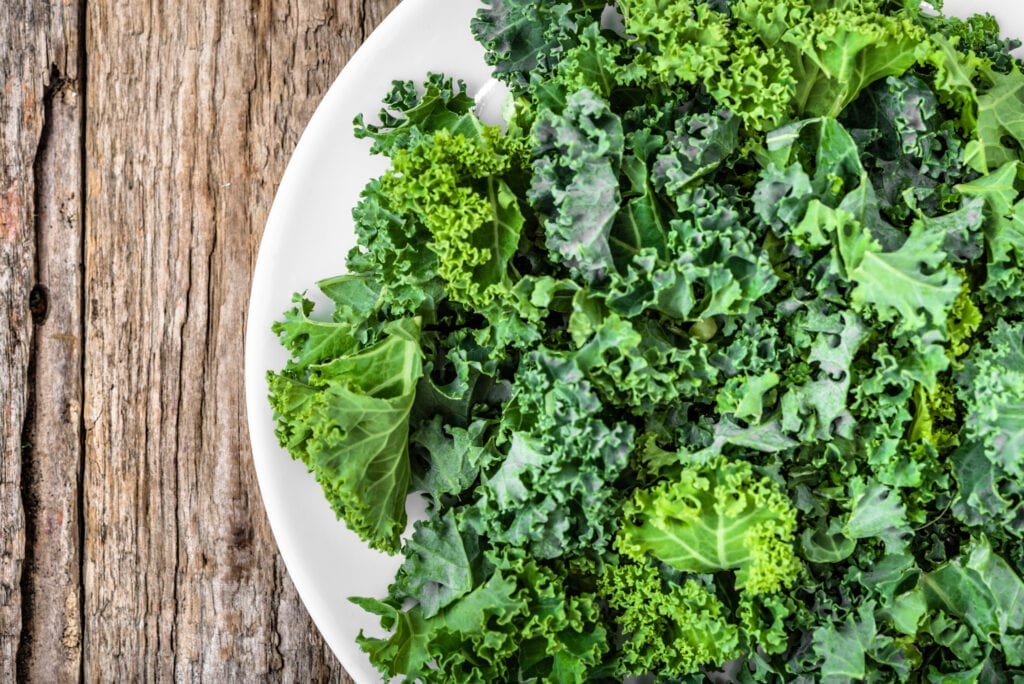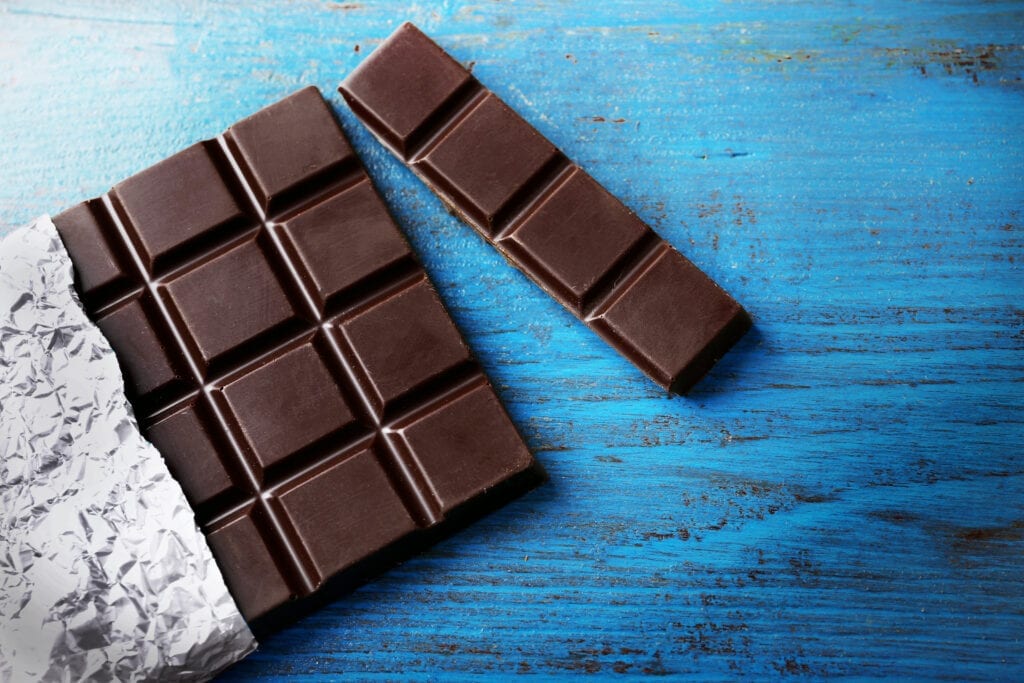
5 Most Nutritious Foods in the World
Munching down your scrumptious meal, do you ever wonder what exactly will become of the boluses slipping down your esophagus? Will it become a part of your body to benefit you? Or will it choose to maintain an unhealthy treacherous relationship with you?
Either way, the meal on your plate cannot be blamed. Because, of course, it’s YOU who decides what gets there, in the first place. As a food, health, or taste enthusiast, or most accurately, as a responsible human being, you must take care of your diet. It is your responsibility to feed yourself with food that betters your health or at least doesn’t harm it.
For that very reason, acquiring knowledge about nutritious foodstuffs is important. Here’s our compilation of the world’s most nutritious foods to make your meal as nutrient-dense as it could ever be!
1. Kale

Loaded with nutrients, the addition of kale in one’s diet can significantly augment the body health. Amongst all the vegetables, kale gets considered as the most nutritious and beneficial. Kale has high concentrations of protein, fiber, minerals, vitamins, anti-oxidants, and bioactive compounds. A 100-grams portion of kale consists of:
- 50-calories
- 2-grams of fiber
- 3-grams of protein
- Vitamin C (200% of the RDI)
- Vitamin K1 (1000% of the RDI)
- Vitamin A (300% of the RDI)
- Considerable amounts of Vitamin B6, calcium, magnesium, copper, potassium, and manganese.
With lesser amounts of oxalates, Kale benefits seem to overcome that of Spinach. Oxalates are substances that bind calcium molecules together in our intestines, hence preventing them from absorption. The high amounts of potassium can help lower the risk of heart-related problems. Kale also fights against diabetes and cancer.
2. Egg Yolks
Also known as Nature’s Multivitamin, egg yolk holds most of the nutrition of an egg. The yellow squishy ball found in the egg happens to be rich in both water-soluble and fat-soluble vitamins. These include Thiamin, Riboflavin, Vitamin B-12, Vitamin A (IU & RAE), Vitamin E, Vitamin D, Vitamin K, etc. What’s more, the yellow yolk also provides body-making proteins and various minerals like calcium, iron, and zinc. Thus, the regular intake of egg yolk can enhance and boost your immune function, improve eye health, improve bone density, boost metabolism, and can even maintain & improve cardiovascular health.
Wait. What?
Cardiovascular health? But we’ve all heard egg yolk raises cholesterol levels in the blood, which in turn increases the risk of heart diseases.
Well, that’s only a belief. Recent research has proved that egg yolks are a major source of dietary cholesterol, which is important for the body. Even heart or high-cholesterol patients have been recommended to consume at least six eggs a week! It forms an essential part of the heart-healthy eating pattern.
3. Dark Chocolate

Certainly, we all love dark chocolate, whether eaten in bar form or added to smoothies. The chocolatey taste is simply irresistible, but did you know that the dark chocolate is equally nutrition-filled. The cocoa-rich dark chocolate contains high amounts of magnesium, copper, fiber, manganese, and iron. Also, the dark chocolate competes with berries and acai berries when it comes to anti-oxidants. According to several types of research, people who frequently consume dark chocolate have minimal chance of heart diseases. Dark chocolate benefits include improvement in blood flow, brain function, reduction in oxidized LDL, and blood pressure. A 101-grams of dark chocolate bar with 70-80% cocoa consists of:
- 604-calories
- 230mg of magnesium
- 12mg of iron
- 11g of fiber
- 3.5mg of zinc
- Large amounts of anti-oxidants
4. Salmon

Omega 3 – fatty acids can reduce the risk of inflammatory diseases, heart diseases, depression, anxiety, and even mental illnesses. The incredible nutrient can literally act as a shield for your entire body if consumed regularly. And guess what? Salmon is rich with this unbelievably beneficent nutrient!
Even more, both farmed and wild Salmons come loaded with animal proteins, which prevents muscle loss and boosts bone health. The high vitamin B content in this fish ensures the optimal heart and brain functioning, repairs and creates DNA, and also provide bulk energy. Savoring this fatty fish every once in a week will keep your body appropriately nourished and healthy.
5. Liver
Today, a lot of people prefer muscle meat over organ meat. However, the nutritional value of organ meat much greater than that of muscle meat. So far, the liver meat holds the densest nutrition value as it is home to large amounts of vitamins, minerals, and healthy protein. A 100-grams beef liver portion consists of:
- 29grams of healthy protein
- Vitamin A (634% of DV)
- Copper (714 % of DV)
- Vitamin B12 (1176% of DV)
- High amounts of iron, magnesium, niacin, vitamin B5, B6, selenium, and much more.
Also, the liver increases the hemoglobin levels of the blood and elevates heart condition. Being rich in vitamin A, it can also reduce risks of inflammation, arthritis, and Alzheimer’s disease. There are several liver recipes that one can use to make liver meat equally scrumptious.
Leave your comment
You must be logged in to post a comment.